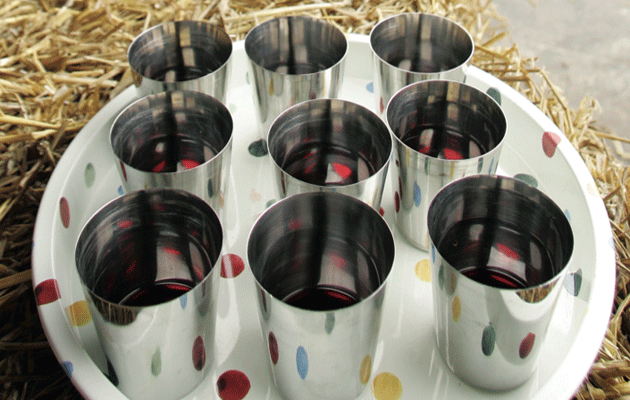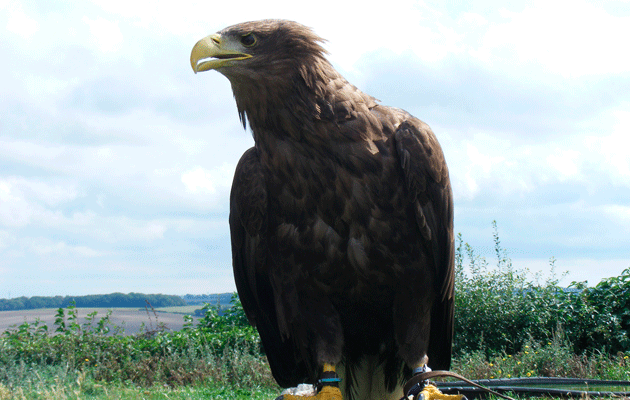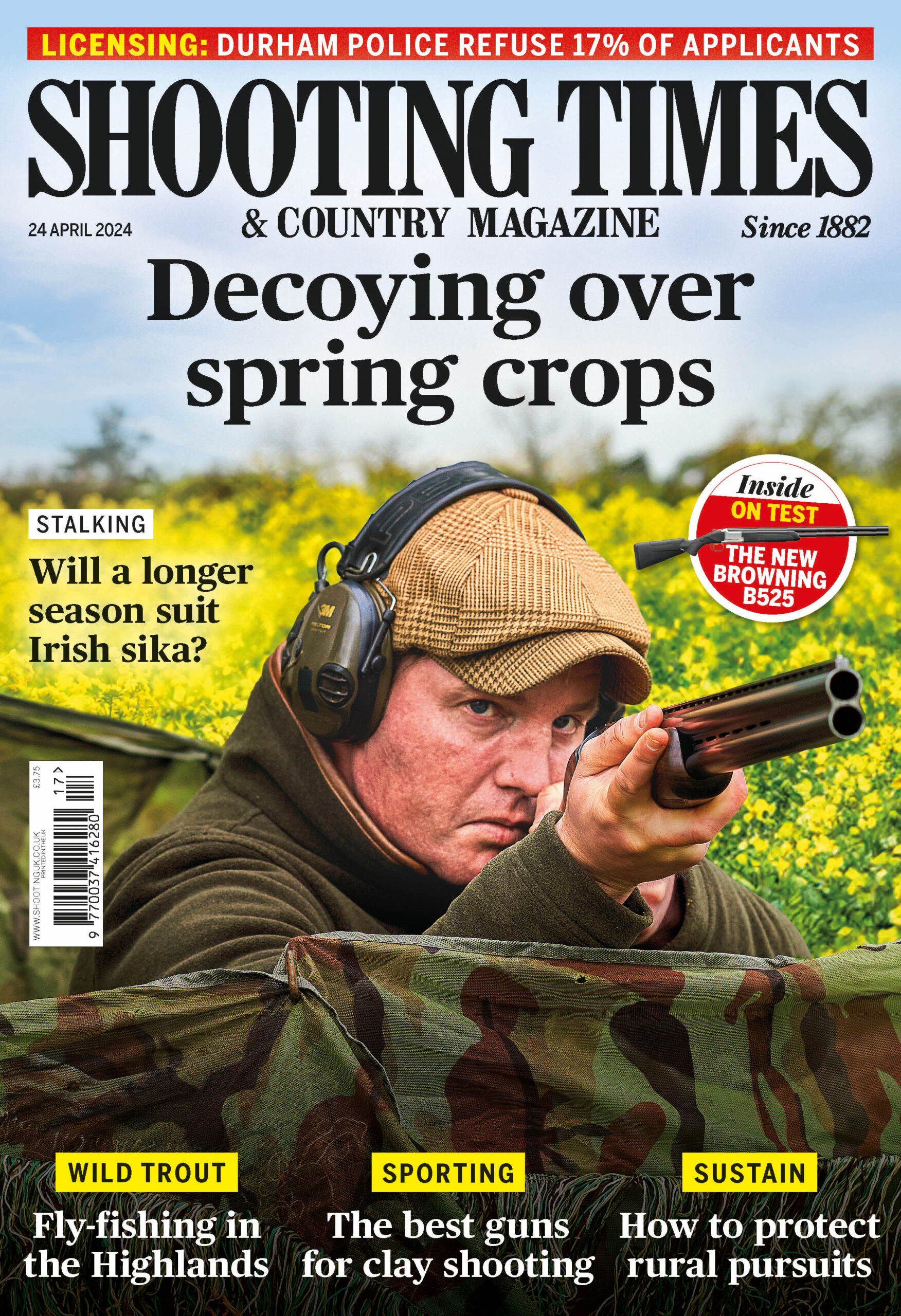Cumbrian Shootings – In the aftermath of the crime
As I write, 24 hours ago, the third mass killing involving firearms in recent times in the UK culminated with the suicide by shooting of the perpetrator. A trail of death litters Cumbria and the killer, as we now know, was a certificated holder of a shotgun and a rifle.
In the aftermath, we find ourselves covering a dreaded common ground. We know what went on and attention shifts to method and motive with inevitable calls for tighter restrictions on firearms. I heard on Sky News a demand that civilian firearms use should be outlawed. It is a grave matter of fact that this is considered a rational starting point for many outside shooting sports.
Whitehaven now joins Hungerford and Dunblane as a byword for horror and it is against this background that the inquiry process begins. On the face of it, Prime Minister David Cameron appears considered, warning against a knee-jerk reaction. Acknowledging that the UKs gun laws are some of the toughest in the world, the Prime Minister has gone further, stating it is impossible to legislate against a switch flicking in someones head.
We have been here before and it is against a background of human tragedy that a future public inquiry will be played out. Political precedent is well established, with pressure to legislate against something to do with firearms eventually becoming irresistible for lawmakers. Totemic bans linked to specific categories of firearm have met the need for that something in the past. This time, anti-gun interests are likely to take a different tack.
Judging the comments of Shadow Home Secretary Alan Johnson, we may have an insight into the focus of any future law. He cautioned against an immediate reaction until facts have been established but highlighted a need for follow-up checks on certificate holders and suggested a greater role for GPs. He remarked with surprise that only two per cent of recent applications met with refusal. This may be a glimpse into the mindset of our legislature that the drafting of gun law should inspire an ongoing process of restriction as opposed to a stringent mechanism of regulation.
Cumbria Police confirmed Bird held firearms and shotgun certificates with no previous record of mental instability. It is difficult to see how current checks or future procedures could indicate mental problems in a manner meaningful enough to avoid risk.
Greater emphasis on the psychological fitness of firearms users is likely to be difficult. Current legislation extends substantial powers to the police and there is anecdotal evidence which suggests that the way existing law is interpreted, it may discourage certificate holders from the otherwise responsible action of seeking professional help on issues of mental health.
Yet again, 23 years from Hungerford and 14 years on from Dunblane, shooting sports are ravaged in the media, seemingly with no reasoned defence, for the sake of owning and using firearms. Outside of the shooting sports community society has been lulled into believing that tough laws should mean few guns and tougher laws still will mean no guns at all.
Perhaps a new strategy is called for an administration of gun ownership based on a reorganisation of resources and a reorientation of views. This could mean a new and instrumental role for gun clubs, shooting grounds and approved ranges. It would entail courage from everyone concerned and co-operation on a scale hitherto unimagined between individuals, organisations, police and communities.
It is only in suggesting something new and radical that progress can be made. Without it, shooting faces a future of increasing marginalisation. Law, too, must have the forbearance to acknowledge that merely cranking up the machinery of restriction leads nowhere and that the key to minimising the risk of tragedy and crime lies with the legitimate shooting community itself.








